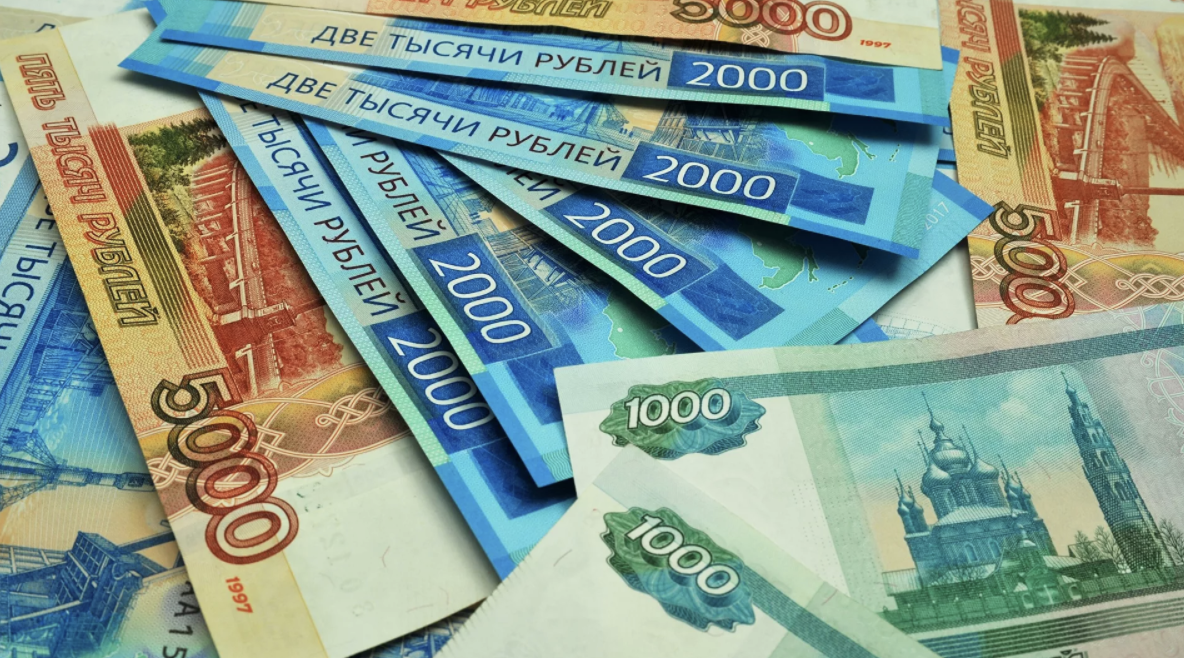Russian President Vladimir Putin signed a decree on a new procedure for providing payments for children from three to seven years old.
According to the document, the amount of financial support will depend on the family's income and can be 50%, 75% and 100% of the living wage for children.
So, if after receiving a payment in the amount of 50% of the child's subsistence minimum (about 5,652 rubles), the average per capita family income still does not exceed the subsistence minimum per capita (11,653 rubles), then the amount of the benefit will be increased to 75% (about 8 477 rubles).
If this is still not enough, the payment amount will be increased to 100% of the child's subsistence minimum - 11,303 rubles.
At the same time, the amount of funds provided will be recalculated every year, the decree says.
According to the Ministry of Labor and Social Protection, in the near future the Russian government will have to approve new rules for calculating payments for children from three to seven years inclusive for low-income families.
In their work, the authorities plan to take into account the appeals received by the Ministry of Labor from regions, public organizations and citizens.
"The task of the rules is to ensure maximum targeting of payments, providing for a comprehensive assessment of the need, including an assessment of income and property security of citizens, while maintaining a simple way of receiving payments: one application submitted electronically or at the MFC (social security authorities)," the Ministry of Labor said in a statement. ...
As noted in the department, earlier all families with an income below the subsistence level were paid the same benefit - 50% of the regional subsistence level for children.
Now financial assistance to citizens will become more targeted, the ministry said.
Recall that the accrual of benefits started on June 1, 2020.
You can make a payment by submitting an electronic application on the portal of public services, as well as with a personal visit to the MFC or social security authorities.
At the same time, from November 1, 2020, a simplified procedure for issuing child benefits came into force.
Now, in order to receive payment, citizens do not need to provide documents containing information about alimony.
Government agencies themselves receive this information through the system of interdepartmental electronic interaction.
As previously stated by the head of the Ministry of Labor Anton Kotyakov, just last year, assistance was assigned to families for 4.75 million children.
In total, the authorities allocated almost 213 billion rubles from the budget for these purposes.
At the same time, the new rules for the provision of payments will make it possible to more effectively bring families with children out of poverty, the minister is sure.
“To implement this approach, according to our estimates, it will take 276 billion rubles in 2021, 295 billion in 2022, and 297 billion rubles in 2023,” Kotyakov said.
© RIA Novosti / Alexey Sukhorukov
The allocation of additional funds for the benefit program will not have a significant burden on the country's budget, says Georgy Ostapkovich, director of the Center for Market Research at the Institute for Statistical Studies and Economics of Knowledge at the Higher School of Economics.
At the same time, according to the expert, a change in the procedure for calculating funds will allow systematizing payments and avoiding misunderstandings on the part of recipients of assistance.
“Definitely, the category of people with children is one of the most vulnerable and in need of cash benefits.
Currently, the country is home to 13% of the population below the poverty line.
Of these, a large proportion is accounted for by children.
That is why the state must take care of the future able-bodied population now, "Ostapkovich added in a conversation with RT.
The family's funds received are primarily directed to consumer needs, said Alexander Abramov, head of the laboratory for the analysis of institutions and financial markets at the Institute for Applied Economic Research, RANEPA, in an interview with RT.
In his opinion, the accrual of payments remains one of the main measures to support the population during the period of economic recovery from the pandemic.
“The innovations were adopted in order not to waste helicopter money.
Of course, everyone needs support now, but the resources are not unlimited.
In these conditions, it is the targeted mechanism that works most effectively, which makes it possible to ensure that more assistance is received by those who need it most.
In this case, this approach, with differences in property status and regions, reflects the social orientation of the government's actions, ”Abramov emphasized.

